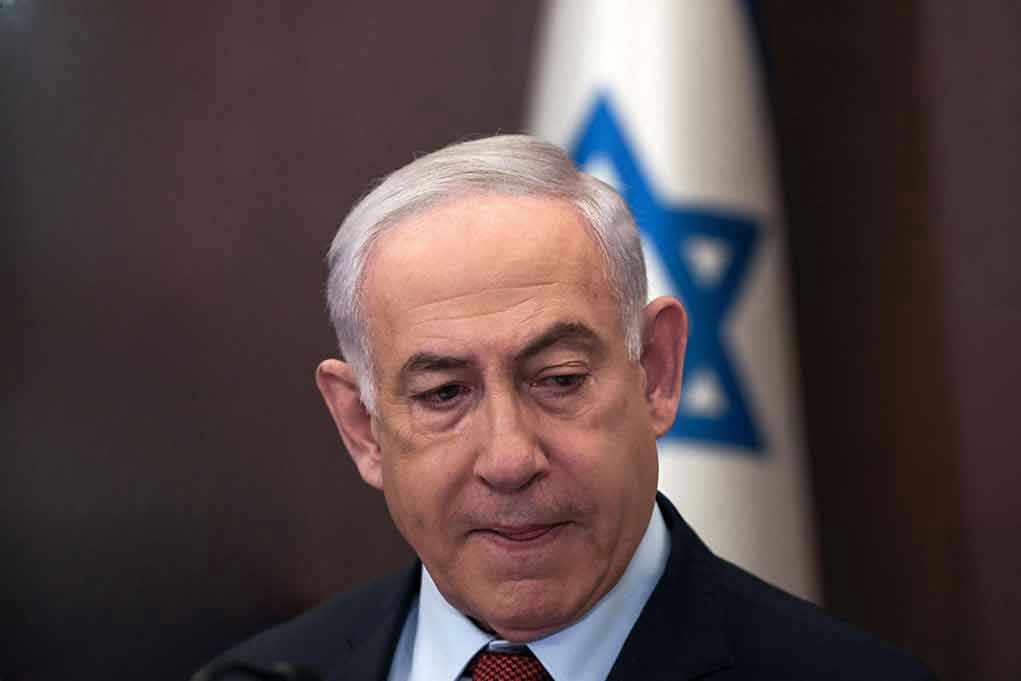
Netanyahu’s evacuation order for Gaza City raises alarm over civilian safety amidst intensified military operations.
Story Highlights
- Israeli Prime Minister Netanyahu orders evacuation of Gaza City amid military assault.
- The directive signals a significant escalation in operations against Hamas.
- Concerns mount over civilian safety and humanitarian conditions in Gaza.
- International actors urge for ceasefires and humanitarian aid access.
Netanyahu’s Evacuation Order
On Monday, Israeli Prime Minister Benjamin Netanyahu instructed residents of Gaza City to evacuate. This directive was issued as the Israeli military intensified its offensive against the region’s largest urban center. The military campaign against Hamas has been ongoing since the October 7, 2023, attack on southern Israel, which resulted in significant casualties and hostages. The evacuation signals an escalation in military operations, with concerns over civilian safety as the conflict deepens.
The timeline of events reveals a protracted conflict, beginning with the Hamas attack that claimed approximately 1,200 lives. Israel’s response included airstrikes and a ground invasion, leading to a humanitarian crisis. Ceasefire attempts from January to March 2025 were brief, with hostilities resuming after negotiations failed. Renewed offensives have been underway since March 2025, culminating in the current intensified assault on Gaza City.
Historical and Humanitarian Context
The Israeli–Palestinian conflict is deeply rooted, with significant flashpoints like the 1948 Arab-Israeli War and the 1967 Six-Day War. Gaza has faced repeated cycles of violence since Hamas took control in 2007. The ongoing blockade by Israel and Egypt has resulted in chronic humanitarian challenges. Gaza’s dense population, combined with military operations and infrastructure destruction, has led to severe conditions, including food insecurity and medical shortages.
Previous Israeli operations in Gaza have drawn international scrutiny due to high civilian casualties. Past evacuation orders have resulted in mass displacement but did not end hostilities. The current order for Gaza City is seen as a critical escalation, with humanitarian agencies warning of catastrophic consequences for those unable to evacuate.
International and Humanitarian Responses
International actors, including the United States, Egypt, and Qatar, have been involved as mediators in the conflict. Despite diplomatic efforts, they have limited direct influence on ground operations. Humanitarian organizations have stressed the urgent need for ceasefires and safe corridors for civilians. The conflict’s impact extends beyond immediate humanitarian concerns, affecting regional stability and economic conditions.
Israeli PM tells Gaza City residents to ‘leave now’ https://t.co/GoRFaLjFlE
— CDN Digital (@cebudailynews) September 9, 2025
Analysts warn that large-scale military operations in densely populated urban areas like Gaza City could lead to unprecedented civilian casualties. The ongoing conflict underscores the cyclical nature of violence and the failure of military solutions to address political grievances. As the situation evolves, ongoing monitoring and international pressure remain crucial to mitigate the humanitarian impact.
Sources:
Israel-Hamas war: A timeline of events
Timeline of the Israeli–Palestinian conflict in 2025
Israeli-Palestinian Conflict Timeline

